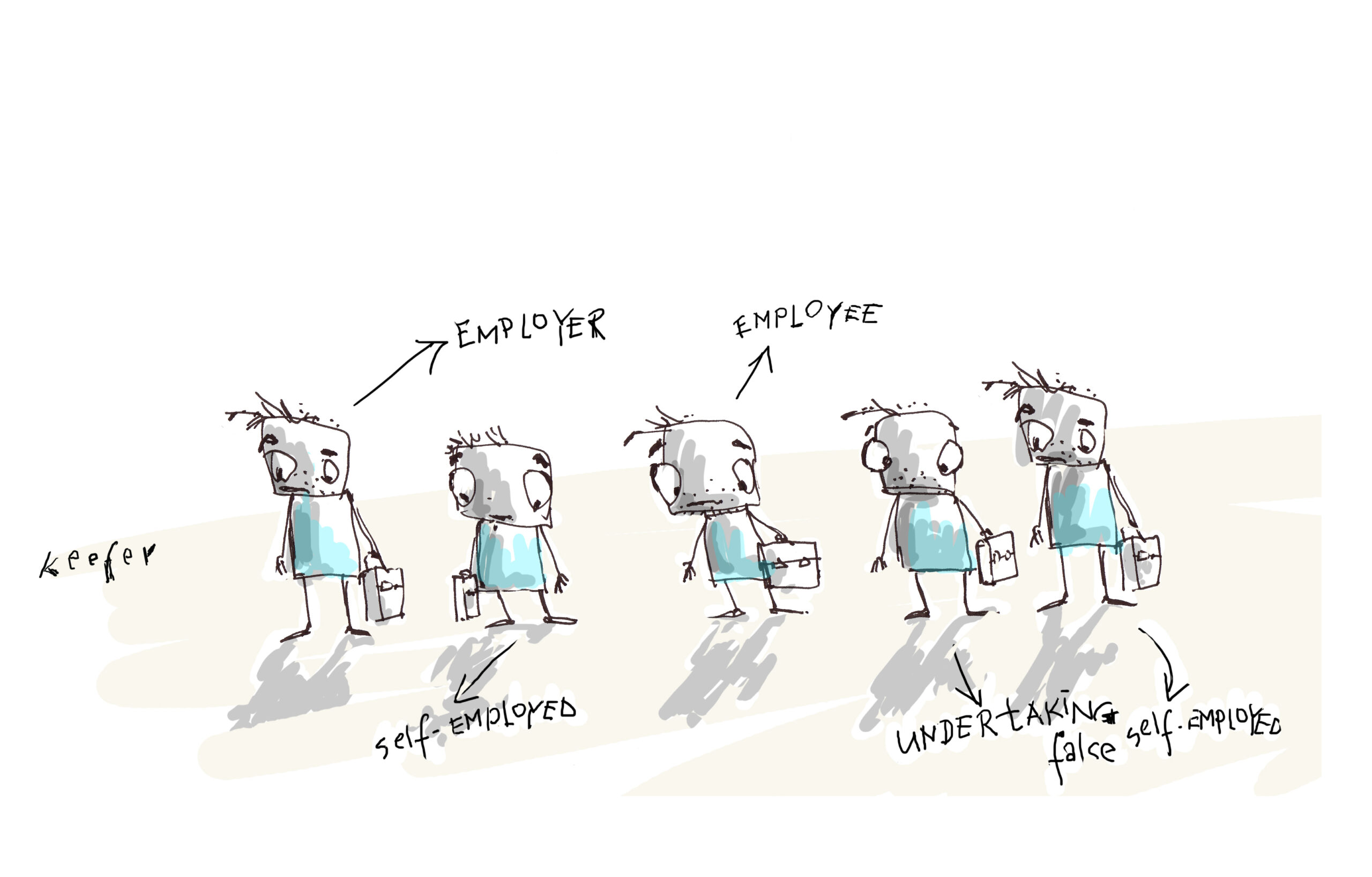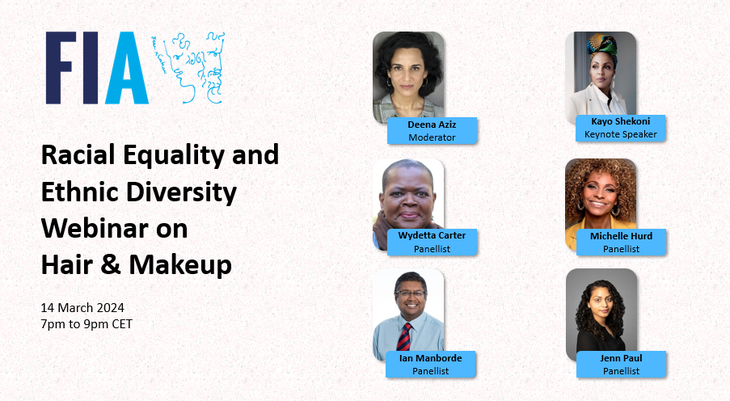The recent EU Digital Services Act consultation (closed Sept 8) examined a range of issues regarding the operation of digital plaforms and service providers in Europe. It also raised the issue, topical in the context of debates on protection of platform workers, of collective bargaining for self-employed workers. This also tied into the European process, launched on June 30th, "to address the issue of collective bargaining for the self-employed"
FIA coordinated closely with sister unions FIM and UNI MEI, with whom we have a long history of cooperation on matters pertaining to atypical work and representation of freelance workers, in order to prepare a joint European Arts and Entertainment Alliance (EAEA) response to the consultation, which we circulated widely. We further decided to convene a short online event, in the run-up the closing date of the consultation, to review the key issues at stake for the sector. This webinar, open to all of our affiliates and sister organisations, took place on August 31st.
The application of competition rules to collective bargaining on behalf of self-employed workers has long been a major issue in the Media, Arts and Entertainment sector, resulting in the exclusion of certain professionals in the sector from collective bargaining that would set sustainable rates of pay. FIA, FIM and UNI MEI have persistently advocated for such collective bargaining as a vital tool and the most adapted mechanism for setting decent wages in the Media, Arts and Entertainment sector.
We were joined at our webinar by two external experts: Ms Isabel Pereira Alves, Enforcement Unit, DG Competition, European Commission and Ms Isabelle Schömann, Confederal Secretary of the European Trade Union Confederation. These two speakers were perfectly placed to offer delegates both a full overview of the process and its aims; and some points for reflection on the fundamental right to freedom of association and collective bargaining, regardless of employment status.
Ms Pereira explained the questions in the relevant section of the DSA consultation sought to better understand how collective bargaining could improve the situation and working conditions of certain categories of self-employed workers and how any initiative in this direction should be carefully scoped. She also offered an overview of the planned next steps, including impact assessments of possible options for action, a possible external study and a social partner hearing. The aim is to identify the appropriate scope for an EU action in 2022.
Ms Schoemann warned that any initiative framing itself as an "extension" of collective bargaining is a contradiction in terms, given that the right is already a universal one. She argued that a clear understanding of what constitutes collective bargaining and a full exclusion of such bargaining from the scope of EU competition law is the only possible baseline for social dialogue and collective bargaining for all workers to flourish.
In the second part of the meeting, there was a presentation and discussion of the draft EAEA response to the relevant section of the DSA consultation. This was also circulated to all participants, as was the link to the consultation itself. The consultation closed on Sept 8th. We remain in close contact with the Commission and the ETUC regarding the next steps in this important area.
EAEA Reponse to the DSA Consultation




